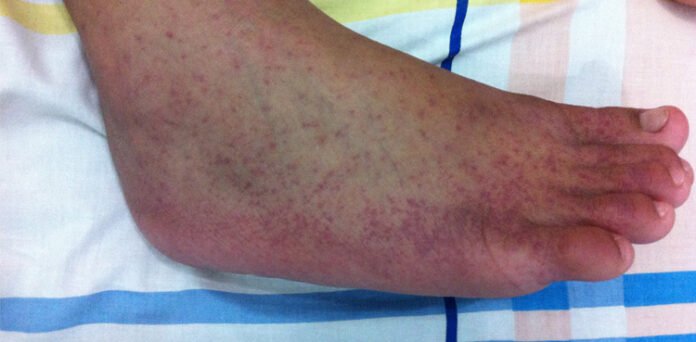Karachi has experienced a rise in chikungunya cases over the last five months, with 140 confirmed infections between May and September, according to data from the health department.
During this period, 211 suspected chikungunya cases were reported, with 189 individuals tested for the virus. Of those tested, 140 people were confirmed positive for the disease.
The National Institute of Health (NIH) recently issued guidelines on how to control and prevent the spread of chikungunya, which is similar to dengue fever.
The Ministry of Health has instructed authorities to take immediate actions to curb the outbreak. Chikungunya, a viral disease, is transmitted to humans by Aedes mosquitoes, the same vector responsible for spreading dengue.
Dr. Mukhtar Ahmed Bharat, the Coordinator to the Prime Minister on National Health Services, highlighted that the majority of cases have been recorded in Karachi, although other regions have also reported infections. He also noted that chikungunya cases are common in Africa, South Asia, and Southeast Asia.
Dr. Bharat stressed the need for preventive measures to control the spread of the virus.

